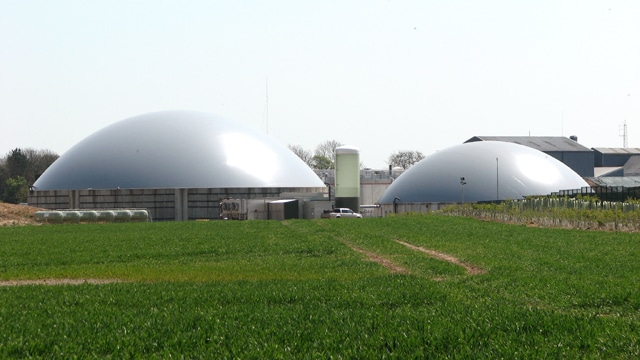
Biogas required, says minister, as $140 billion gas boom forecast for India
A gas boom is being predicted for India, with the Times of India forecasting a $140 bn of new direct investment in the natural gas sector over the next decade as the government seeks to transition away from oil and coal and increase access to gas to around 70% of the population.
The specialist energy section of India’s oldest newspaper with the third highest readership in the world, which is staging a virtual conference on September 24, says, “Propelled by stricter pollution regulations, the start of a gas exchange [to facilitate transparent trading and pricing], advantage of gas over other alternative energy sources, and clear plan and competence of Indian energy companies to grow infrastructure, the demand for natural gas is expected to rise continuously. It has set the stage for a gas boom.
“By 2021, gas supplies from 25 new geographies are likely to start contributing. By 2025 around 230 cities are likely to have gas infrastructure. Pipeline infrastructure is set to grow four times and CNG (compressed natural gas) stations to increase three times through 2025 as expansion in new geographies picks up pace. Indian gas regulator PNGRB has granted licenses to 136 geographies in the past two years, which will help sustain higher city gas volumes over the next decade.”
The government is looking at blending biogas with natural gas to boost domestic supply and cut reliance on imports. Speaking during a webinar on World Biofuel Day – held annually in India on August 10 to raise awareness of the available alternative to fossil fuels – India’s Oil Secretary Tarun Kapoor said, “The gas distribution sector is expanding fast and some percentage has to come from bio sources. They cannot be completely dependent on LNG or domestic gas, that scope is anyway limited.”
Kapoor said India is an agricultural economy and there is a large amount of agricultural residues available, providing good scope for the production of biofuels – ethanol, bio-diesel, and biogas.
“If we are able to exploit these three, we can reduce our dependence on import of crude to a large extent and the import of gas also,” he said.
The secretary sought the support of state governments, technology providers and investors to enable the capture of organic wastes from farming and agriculture.

